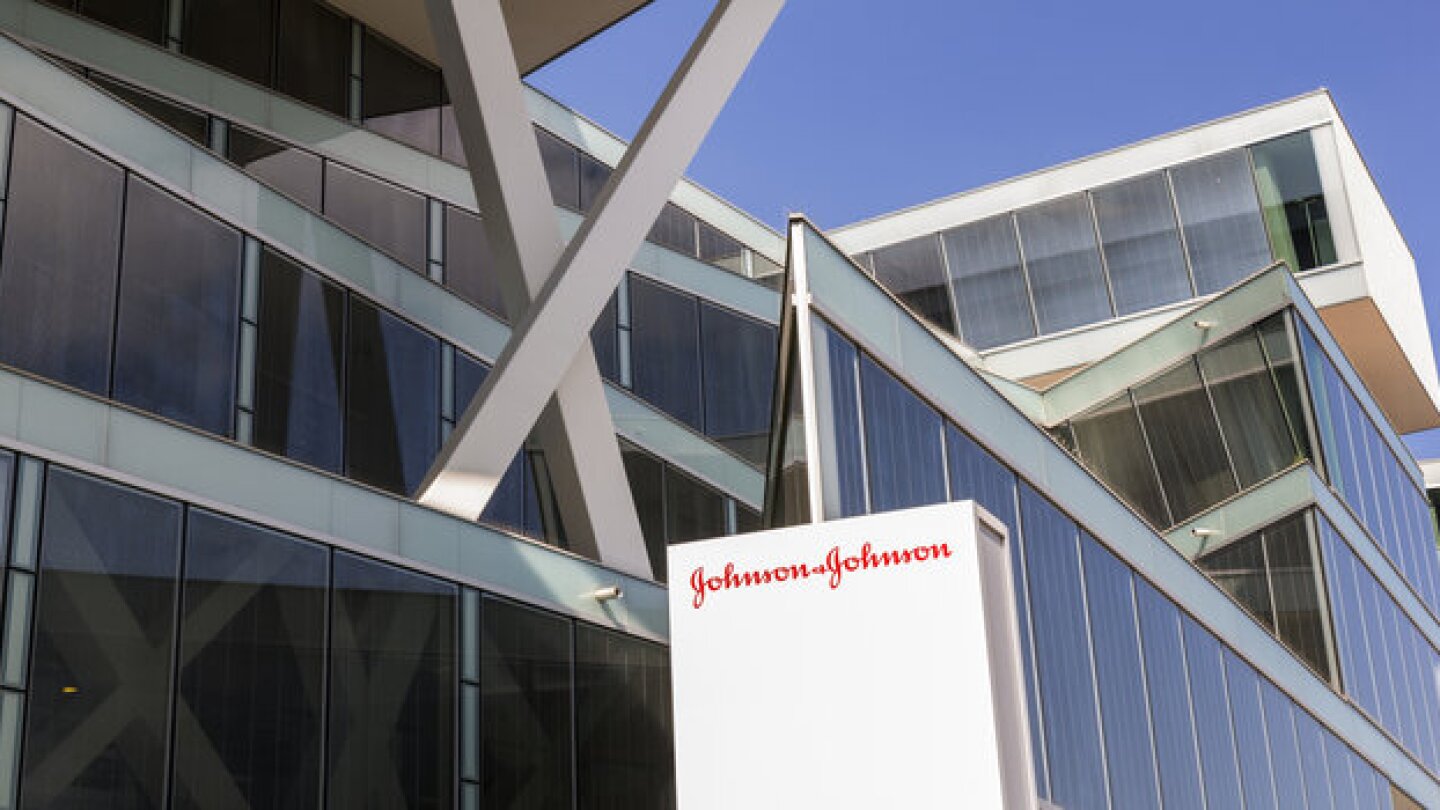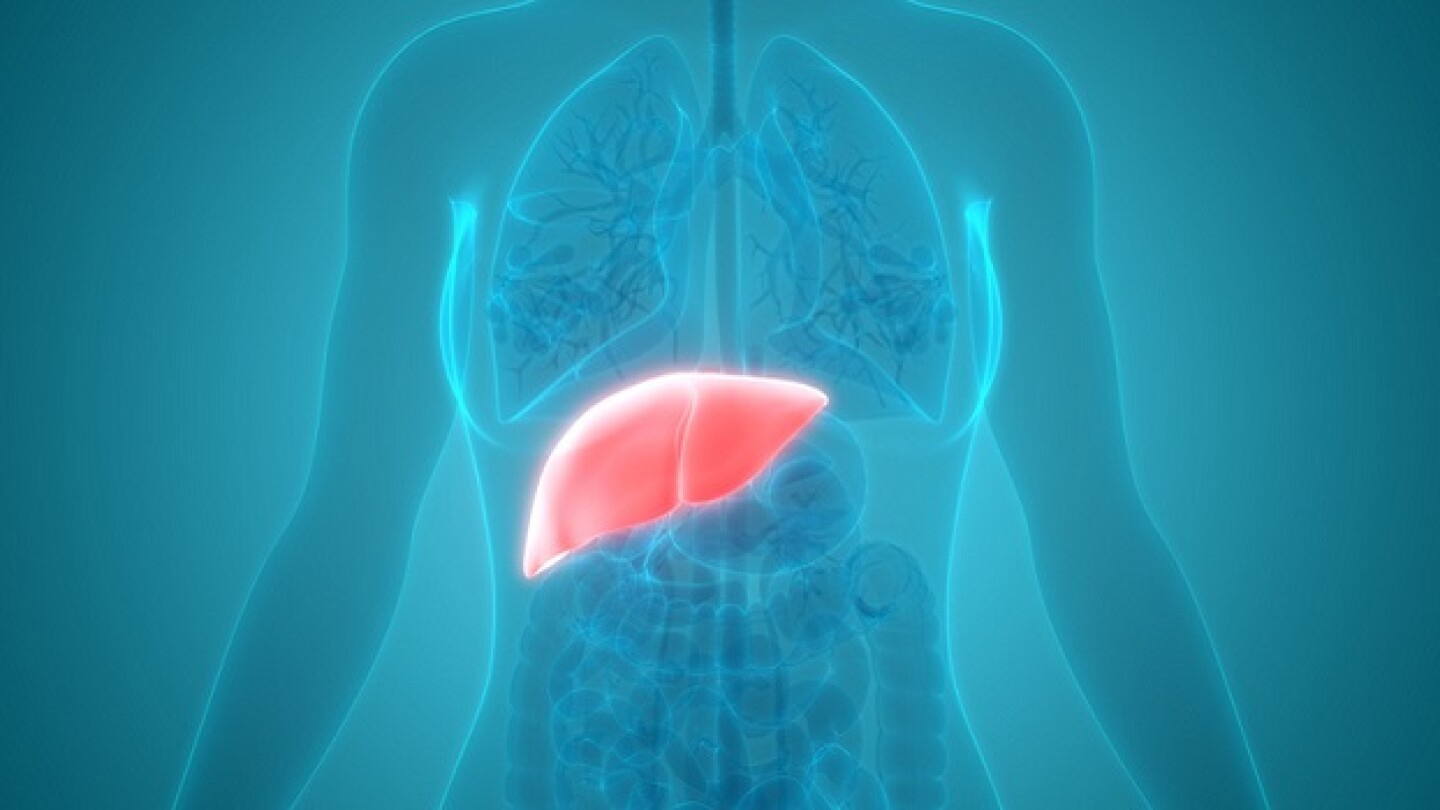Phase I
Johnson & Johnson’s radiopharma candidate JNJ-6420 returned mixed results in an early-stage study, demonstrating strong biochemical and radiographic response but also resulting in four patient deaths.
Tango Therapeutics reported Thursday that solid tumor patients who stayed in the Phase I study for more than eight weeks developed Grade 3 and 4 liver function abnormalities.
Following a series of clinical failures, optimism builds for the first disease-modifying treatment.
Roche’s $2.7 billion acquisition of Carmot Therapeutics in December 2023 appears to be paying off as its investigational GLP-1/GIP receptor agonist induced strong weight loss in a Phase Ib study.
Takeda on Monday said it is paying AC Immune $100 million upfront for an option on a Phase Ib/II Alzheimer’s disease candidate that could activate the immune system to clear amyloid beta plaques.
Results from a Phase I study presented Friday at the ASGCT 2024 annual meeting showed that despite a good safety profile, Excision BioTherapeutics’ HIV gene editor failed to suppress viral activity.
Regeneron Pharmaceuticals on Wednesday revealed that its investigational gene therapy DB-OTO restored hearing in two young children, according to an oral presentation at the American Society of Gene & Cell Therapy annual meeting.
The biotech touted its prime editing technology at ASGCT on Tuesday after receiving FDA clearance last week for a clinical study of a drug candidate based on the platform.
The FDA has cleared a clinical trial of an ex vivo prime editing candidate in patients with a rare disease, Prime Medicine announced Monday. The technique taps CRISPR technology to rewrite defective genes without breaking DNA double helix strands.
Several companies—including Roche, Curemark and Yamo Pharmaceuticals—are running clinical trials of treatments that aim to offset the myriad challenges of autism.
PRESS RELEASES










